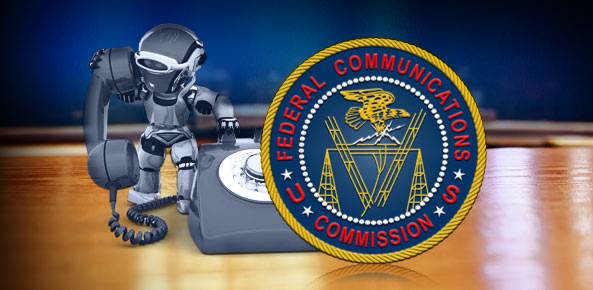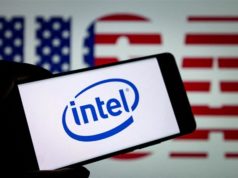If you are sick and tired of robocalls, this might be the best news you’ve heard all week. The Federal Communications Commission (FCC) is now moving to protect you against these nuisance calls and spam texts to boot.
The FCC approved a slew of what it calls “declaratory rulings” that affirm your rights to control incoming calls from political campaigns, survey-takers, charities and the like. As part of the package, the FCC made it crystal clear that telephone companies can freely allow you to use robocall-blocking technology.
All this is in response to thousands of consumer complaints about robocalls the FCC fields every month. In fact, the FCC reported that complaints related to unwanted calls are the most typical type of grievance it receives. All told, there were over 250,000 unwanted call complaints in 2014 alone. Apparently, the FCC is tired of fielding calls about annoying calls.
Will This Do Any Good?
“Today’s action addresses almost two dozen petitions and other requests that sought clarity on how the commission interprets the Telephone Consumer Protection Act (TCPA), closing loopholes and strengthening consumer protections already on the books,” the FCC said in a statement. “The TCPA requires prior express consent for non-emergency autodialed, pre-recorded, or artificial voice calls to wireless phone numbers, as well as for pre-recorded telemarketing calls to residential wireline numbers.”
Breaking down the package, the FCC gave a green light to so-called “do-not-disturb” technology. Telephone companies can offer robocall-blocking technologies to consumers and add on market-based solutions that consumers can use to stop unwanted robocalls. Consumers also have the right to revoke consent to receive robocalls and robotexts, even if they previously signed up for them. And if a phone number has been reassigned, companies have to stop calling the number after one call.
“Even though people had opted out of robocalls by huge numbers, the do-not-call (DNC) lists simple aren’t working. This ruling will make it legal for phone service providers to provide services that block these calls,” Rob Enderle, principal analyst at the Enderle Group, told us.
What About the DNC Registry?
“However, what the cost of these services will be has yet to be determined,” he said. “Since they often make money on these calls and texts, if there isn’t a financial incentive to blocking them, I wouldn’t hold my breath on their taking immediate action. But [if] they can monetize this service — I know I’d pay for it — then things should happened much more quickly.”
In any case, the FCC package covered just about anything you could think of. The agency tackled third-party consent, affirmed the law’s definition of autodialers, and reaffirmed that consumers are entitled to the same consent-based protections for texts as they are for voice calls to wireless numbers. The FCC even covered Internet-to-phone text messages and free calls or texts to alert you of possible fraud on your bank account, along with reminders of medication refills and related alerts.
How does all this impact the do-not-call list? “Today’s actions make no changes to the Do-Not-Call Registry, which restricts unwanted telemarketing calls, but are intended to build on the registry’s effectiveness by closing loopholes and ensuring that consumers are fully protected from unwanted calls, including those not covered by the registry,” according to the FCC.







